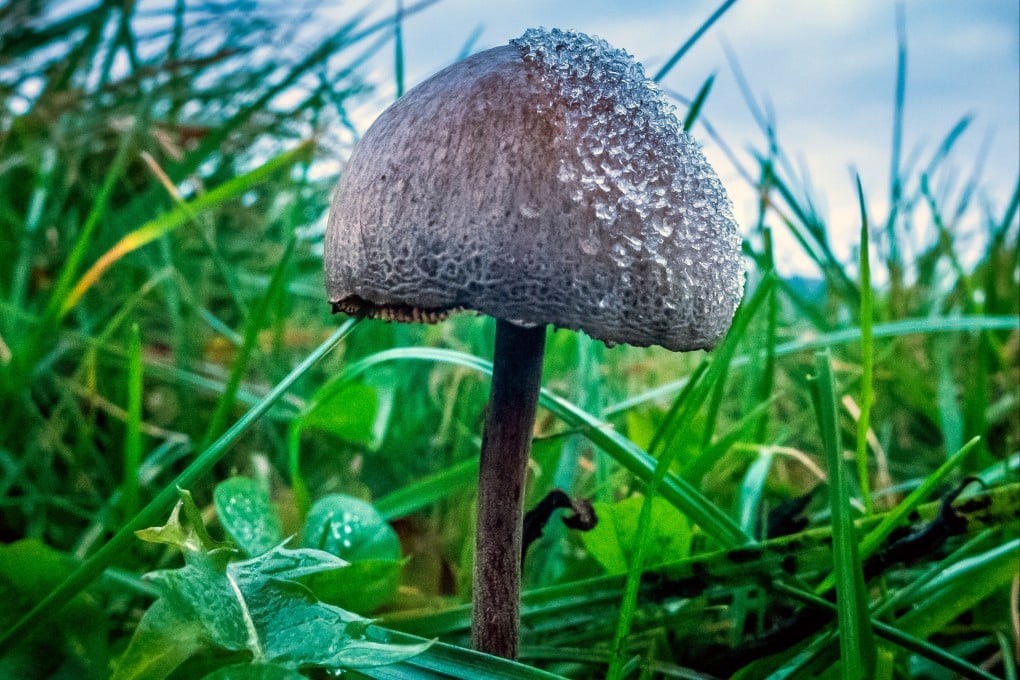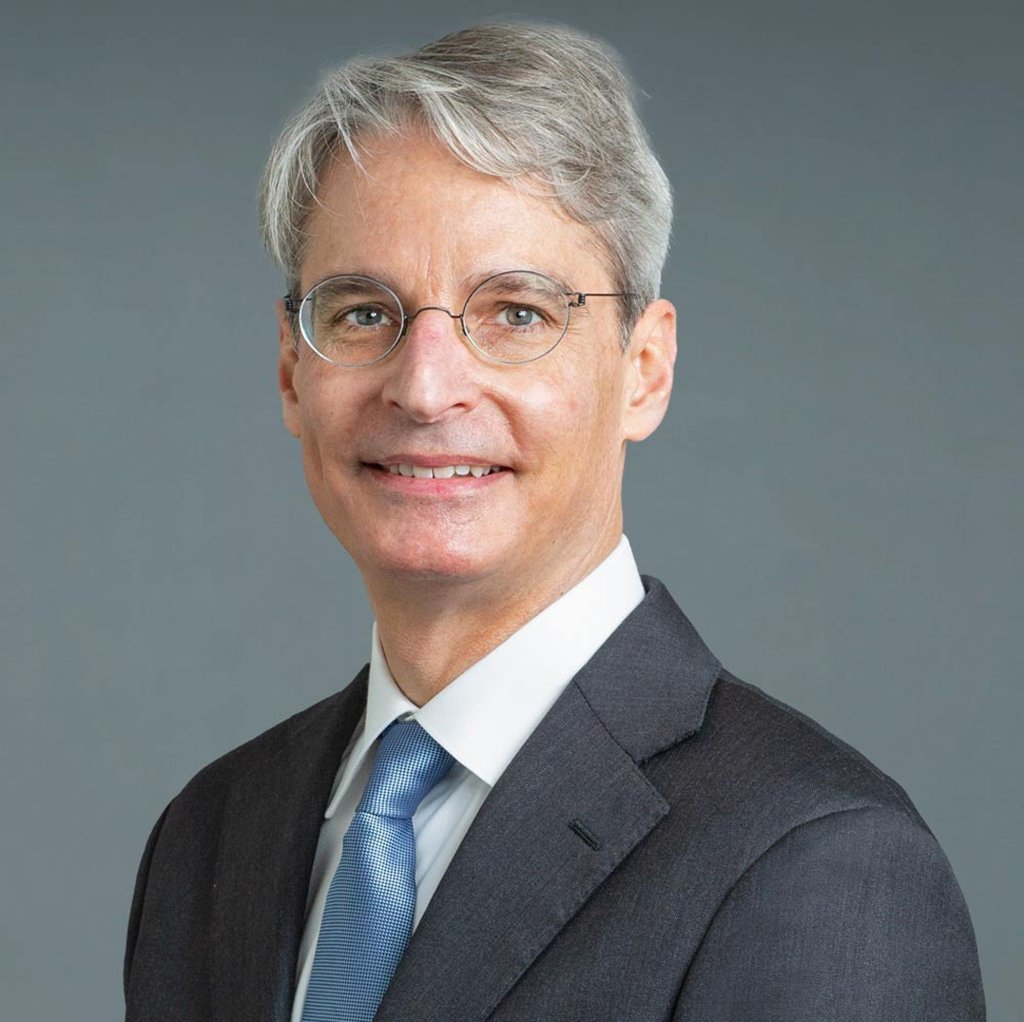Advertisement
How psilocybin, psychedelic compound found in magic mushrooms, could help treat alcohol abuse, as well as depression, drug abuse
- A study found two doses of the psilocybin, coupled with psychotherapy, reduced heavy drinking by 83 per cent; almost half the study participants quit alcohol
- A researcher says the study hints at medical uses for psychedelics other than treating alcohol use disorder, including for tobacco smoking and opioid abuse
Reading Time:3 minutes
Why you can trust SCMP
3

Recent research into the psychedelic drug psilocybin, a compound found in magic mushrooms, has shown its usefulness in the palliative care of cancer patients, and as a possible treatment for depression.
A new study by researchers at the New York University Grossman School of Medicine has shown that psilocybin may be able to help those with a drinking problem too.
Two doses of the drug reduced heavy drinking in trial participants by 83 per cent on average, when combined with psychotherapy. By the end of the trial, almost half of those who had received psilocybin had given up drinking completely. The study was published in the journal JAMA Psychiatry in August.
Advertisement
“Our findings strongly suggest that psilocybin therapy is a promising means of treating alcohol use disorder, a complex disease that has proven notoriously difficult to manage,” says Michael Bogenschutz, a professor in the Department of Psychiatry at NYU Langone, who led the study.

The trial involved 93 adult participants, all of whom had reported at least four days of heavy drinking – seven drinks or more per session – in the month before screening.
Advertisement
Advertisement
Select Voice
Choose your listening speed
Get through articles 2x faster
1.25x
250 WPM
Slow
Average
Fast
1.25x